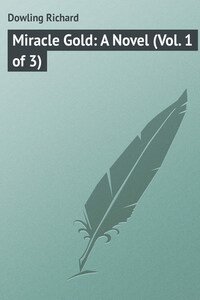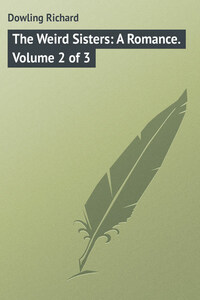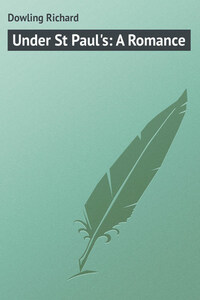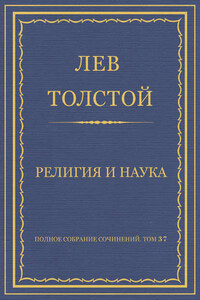THE ONLY REAL GHOST IN FICTION
My most ingenious friend met me one day, and asked me whether I considered I should be richer if I had the ghost of sixpence or if I had not the ghost of sixpence.
“What side do you take?” I inquired, for I knew his disputatious turn.
“I am ready to take either,” he answered; “but I give preference to the ghost.”
“What!” I said. “Give preference to the ghost!”
“Yes. You see, if I haven’t the ghost of sixpence I have nothing at all; but if I have the ghost of a sixpence – ”
“Well?”
“Well, I am the richer by having the ghost of a sixpence.”
“And do you think when you add one more delusion to those under which you already labour” – he and I could never agree about the difference between infinity and zero – “that you will be the better off?”
“I have not admitted a ghost is a delusion; and even if I had I am not prepared to grant that a delusion may not be a source of wealth. Look at the South Sea Bubble.”
I was willing, so there and then we fell to and were at the question – or rather, the questions to which it led – for hours, until we finally emerged upon the crystallization of cast-iron, the possibility of a Napoleonic restoration, or some other kindred matter. How we wandered about and writhed in that talk I can no more remember than I can recall the first articulate words that fell into my life. I know we handled ghosts (it was broad day and in a public street) with a freedom and familiarity that must have been painful to spirits of refinement and reserve. I know we said much about dreams, and compared the phantoms of the open lids with the phantoms of the closed eyes, and pitted them one against another like cocks in a main, and I remember that the case of the dreamer in Boswell’s Johnson came up between us. The case in Boswell submitted to Johnson as an argument in favour of a man’s reason being more acute in sleep than in waking, showed the phantom antagonistic able to floor the dreamer in his proper person. Johnson laughed at such a delusion, for, he pointed out, only the dreamer was besotted with sleep he would have perceived that he himself had furnished the confounding arguments to the shadowy disputant. That is very good, and seems quite conclusive as far as it goes; but is there nothing beyond what Johnson saw? Was there no ghostly prompter in the scene? No suggeritore invisible and inaudible to the dreamer, who put words and notes into the mouth of the opponent? No thinner shade than the spectral being visible in the dream? If in our waking hours we are subject to phantoms which sometimes can be seen and sometimes cannot, why not in our sleeping hours also? Are all ghosts of like grossness, or do some exist so fine as to be beyond our carnal apprehension, and within the ken only of the people of our sleep? If we ponderable mortals are haunted, who can say that our insubstantial midnight visitors may not know wraiths finer and subtler than we, may not be haunted as we are? In physical life parasites have parasites. Why in phantom life should not ghosts have ghosts?
The firm, familiar earth – our earth of this time, the earth upon which we each of us stand at this moment – is thickly peopled with living tangible folk who can eat, and drink, and talk, and sing, and walk, and draw cheques, and perform a number of other useful, and hateful, and amusing actions. In the course of a day a man meets, let us say, forty people, with whom he exchanges speech. If a man is a busy dreamer, with how many people in the course of one night does he exchange speech? Ten, a hundred, a thousand? In the dreaming of one minute by the clock a man may converse with half the children of Adam since the Fall! The command of the greatest general alive would not furnish sentries and vedettes for the army of spirits that might visit one man in the interval between one beat of the pendulum of Big Ben and another!
Shortly after that talk with my friend about the ghost of the sixpence, I was walking alone through one of the narrow lanes in the tangle of ways between Holborn and Fleet Street, when my eye was caught by the staring white word “Dreams” on a black ground. The word is, so to speak, printed in white on the black cover of a paper-bound book, and under the word “Dreams” are three faces, also printed in white on a black ground. Two of the faces are those of women: one of a young woman, purporting to be beautiful, with a star close to her forehead, and the other of a witch with the long hair and disordered eyes becoming to a person of her occupation. I dare say these two women are capable not only of justification, but of the simplest explanation. For all I know to the contrary, the composition may be taken wholly, or in part, from a well-known picture, or perhaps some canon of ghostly lore would be violated if any other design appeared on the cover. About such matters I know absolutely nothing. The word “Dreams” and the two female faces are now much less prominent than when I saw the book first, for, Goth that I am, long ago I dipped a brush in ink and ran a thin wash over the letters and the two faces; as they were, to use artist’s phrases, in front of the third face, and killing it.














